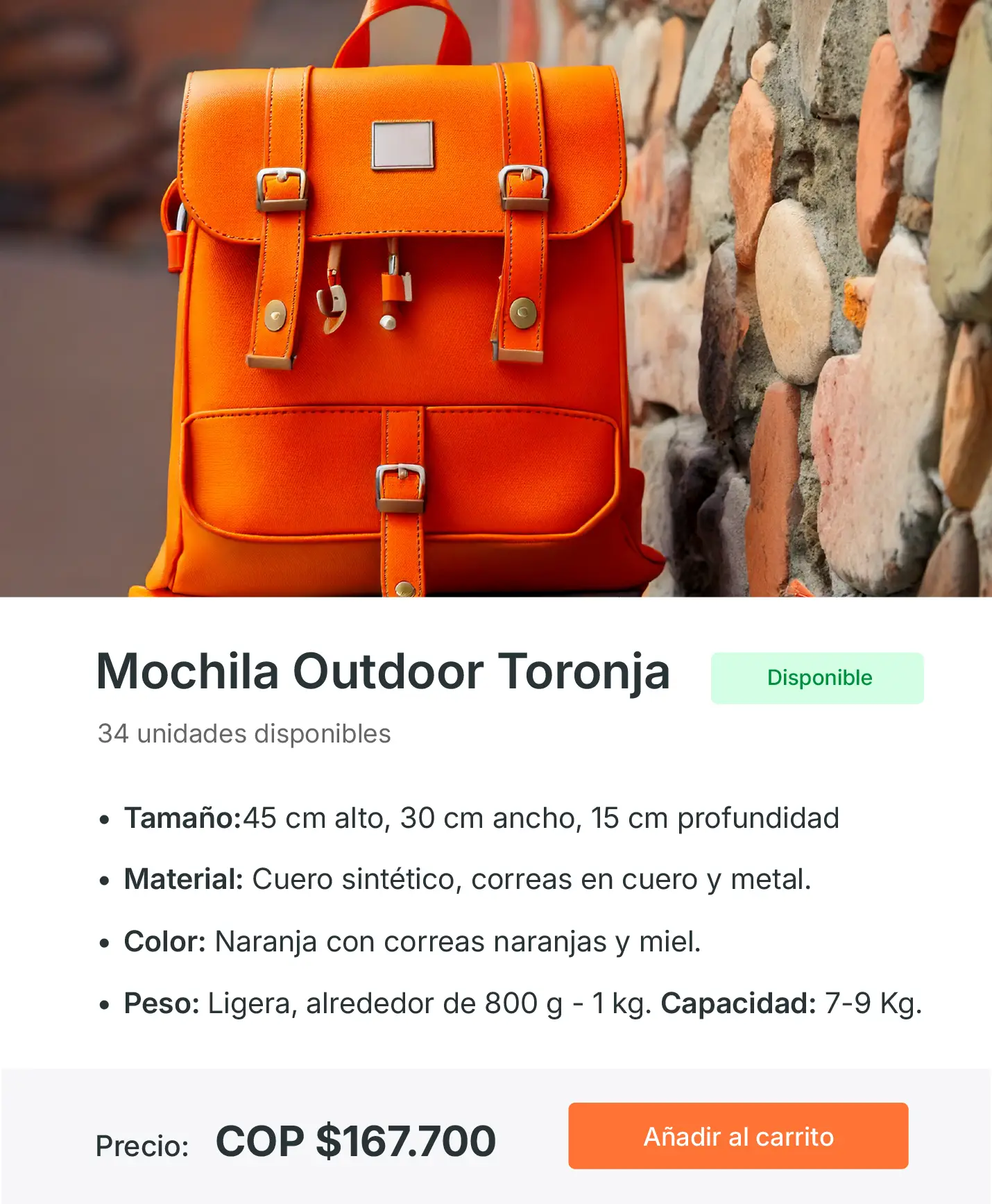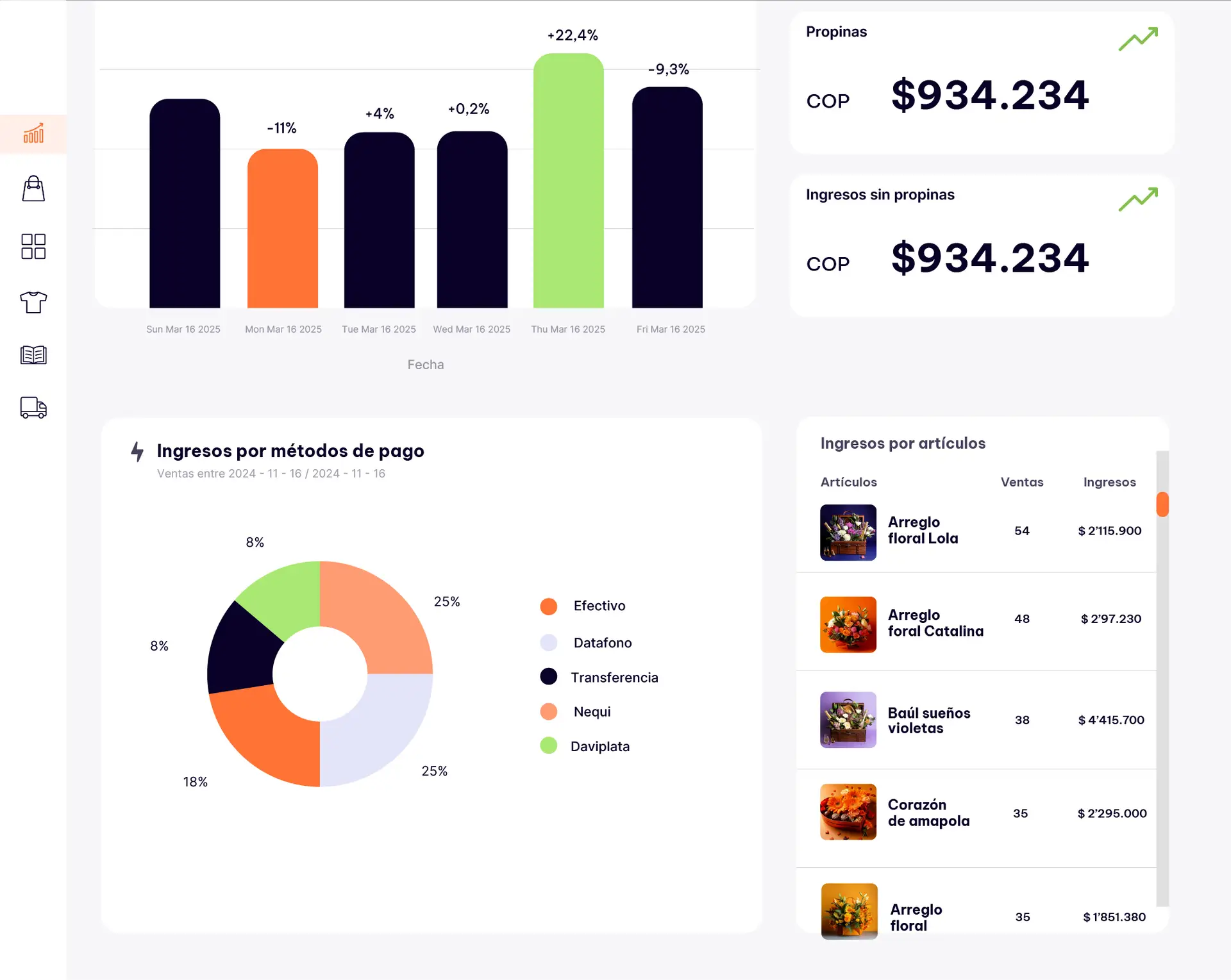Introduction: Fear Isn’t a Sign to Stop — It’s a Call to Lead
Everyone tells you that launching your own business is exciting. And it is. But few talk about the other side — the quiet fear that follows you as you plan your first store.
You worry you’re not ready. You wonder if anyone will buy. You ask yourself what happens if it all goes wrong. And you start to question whether you’re cut out for this.
Let us tell you something important: you are not alone.
Fear is not a sign of weakness. It’s a natural and even healthy part of the entrepreneurial journey. The difference between those who succeed and those who quit isn’t the absence of fear — it’s the ability to move forward in spite of it.
Many retail entrepreneurs, especially first-timers, carry silent fears that hold them back from taking action. But most of these fears are based on assumptions, not facts. And when we face them with clarity and structure, they lose power.
In this article, we’ll walk you through the five most common fears that small retailers face when launching a store — and how to deal with each one. Whether you’re opening a small corner shop, a boutique, or starting with pop-ups, this guide will give you mindset tools, practical examples, and confidence to lead with clarity.
Because launching a store isn’t just about inventory or location. It’s about the courage to believe in yourself, to take smart risks, and to grow through discomfort.
Let’s begin with the fear most entrepreneurs never admit — the fear of not being enough.
1. Fear #1: “I’m Not Good Enough to Run a Business”
This fear often hides beneath other excuses: “I’m still learning,” “I don’t have experience,” “I’m not like those successful people I follow.” But at its core, it’s a feeling of inadequacy — the belief that maybe you don’t have what it takes.
A. The Myth of the ‘Natural Entrepreneur’
Many people believe some are “born” to be entrepreneurs. In reality, business success comes from skills — and skills are learned. Organization, negotiation, communication, planning — you can build these.
B. Self-Doubt Is a Sign You Care
Feeling nervous means you care about doing it right. That’s not weakness — it’s responsibility. The key is not to let that doubt freeze you.
C. You Already Know More Than You Think
If you’ve worked in retail, served customers, managed a home, or led a team — you already have transferable skills. You don’t need to be perfect. You need to be committed to learning.
D. Role Models Had to Start Somewhere Too
The successful founders you admire? They were once first-timers too. They didn’t wait until they felt “ready.” They acted and improved as they went.
Practical Exercise
Write down 5 personal strengths or experiences that can help you as a business owner — even if they’re not formal. Example: “I’m good at talking to people” or “I’ve learned to manage my time raising kids.” Put that list where you can see it.
2. Fear #2: “What If I Fail?”
This is one of the loudest fears — and one of the most paralyzing. The thought of investing money, time, and energy into something that might not work can feel overwhelming. But failure isn’t as final as it seems.
A. Redefine Failure
What does failure mean to you? Losing money? Embarrassment? Disappointment? Try reframing failure as feedback — an opportunity to learn what doesn’t work and adjust quickly.
B. Risk Can Be Managed
You don’t have to bet everything on day one. You can start small, validate your idea, and grow gradually. Testing your concept before committing fully reduces both risk and fear.
C. Most Entrepreneurs “Fail” Many Times
Behind every successful store, there are stories of promotions that didn’t work, suppliers that didn’t deliver, and days with zero sales. It’s part of the game — not the end.
D. You Can Always Start Again
Many entrepreneurs launch multiple times. If something doesn’t work, it’s not the end of your dream — it’s a pivot point. You’ll come back smarter.
Practical Exercise
Write down the worst-case scenario you fear most. Then ask: “What would I do if that happened?” Most times, you’ll realize you’d find a way forward. Fear shrinks when you face it directly.
3. Fear #3: “I Don’t Have Enough Money”
This fear is valid — retail involves upfront costs. But often, it’s not just about the money. It’s about feeling unprepared or unsure of how to handle finances. The good news: you don’t need to be rich to start. You need to be strategic.
A. Get Clear on What You Actually Need
Many people overestimate how much it takes to start. You don’t need a huge space or massive inventory. A small launch can cost far less if planned wisely.
B. Plan, Don’t Panic
Create a simple startup budget. Include only what’s essential to open and run your store for 3 months. This gives you a realistic view and helps you prioritize.
C. There Are Creative Ways to Start
Many entrepreneurs begin with second-hand shelves, home-based inventory, or shared spaces. Pop-ups, online stores, and markets are great low-cost entry points.
D. Learn Basic Financial Skills
You don’t need to be an accountant, but you should understand cash flow, pricing, and margins. These skills protect your money and reduce fear.
Practical Exercise
Make a list of 3 lower-cost ways to launch your store idea. Could you test your products in a market? Sell online first? Partner with someone? Write down your thoughts and rank them by cost and confidence level.
4. Fear #4: “What If No One Buys?”
This fear is incredibly common, especially when you’ve never sold anything before. You imagine launching your store… and hearing only silence. No sales, no foot traffic, no engagement. The fear isn’t just about losing money — it’s about rejection.
A. Sales Are a Skill, Not Magic
People won’t automatically come — but they will come with strategy. Traffic depends on visibility, value, and connection. If you learn marketing basics and stay consistent, you’ll attract the right people.
B. Start With People You Know
Many businesses get their first customers from friends, family, neighbors, or community groups. Start close. Ask for feedback. Offer a small launch promotion. Your network is your foundation.
C. Buying Takes Time
Some people will visit three times before purchasing. Others need to build trust or wait for payday. Don’t panic if sales aren’t instant — focus on creating a positive experience.
D. Your Value Grows With Time
A slow start doesn’t mean your idea is bad. Most great stores build momentum gradually. Keep showing up, refining your offer, and learning from customer reactions.
Practical Exercise
Choose one action to get your first 10 customers: DM 10 friends, post a product story on Instagram, or run a small giveaway. Getting started breaks the fear loop — and leads to momentum.
5. Fear #5: “I Don’t Know Enough”
This fear often shows up as procrastination. You keep researching, overthinking, or waiting for the “perfect moment.” But deep down, it’s the belief that you don’t know enough to start. You feel behind — as if everyone else has some secret playbook.
A. Perfection Is the Enemy of Action
There will always be more to learn. But businesses are built in the real world — not in theory. Learning by doing is faster and more powerful than learning by reading alone.
B. You Learn More After You Start
You don’t need to master inventory software before having inventory. You don’t need a full brand guide before selling your first product. Experience will teach you what really matters.
C. No One Starts Fully Prepared
Even the most seasoned entrepreneurs enter new markets with unknowns. Retail changes fast. Your adaptability matters more than your current knowledge.
D. You Can Always Ask for Help
Join business groups, ask store owners, watch tutorials, talk to mentors. The internet is full of free, high-quality resources — and you’re not meant to know everything on your own.
Practical Exercise
List 3 things you think you “don’t know enough” about. Now write 1 action for each — like watching a YouTube video, asking someone, or reading one article. Replace fear with motion.
6. Fear #6: “What If I’m Not the Right Kind of Person?”
This is a quiet fear — rarely spoken aloud. It’s the belief that maybe you’re not “entrepreneurial enough,” too shy, too disorganized, too introverted, too old, too young… the list goes on.
A. There Is No One-Size-Fits-All Founder
Some business owners are loud and extroverted. Others are quiet and methodical. Success isn’t about personality — it’s about values, consistency, and customer care.
B. Leadership Can Be Gentle
You don’t have to be aggressive or flashy. You can lead with empathy, service, creativity, and calm. What matters is being authentic and committed.
C. Your Uniqueness Is a Strength
What makes you different will make your store different — and that’s a good thing. People connect with realness. You don’t have to fit a mold to succeed.
D. Mindset Is More Powerful Than Style
If you’re willing to learn, adapt, and grow — you have what it takes. Confidence isn’t a personality trait. It’s a muscle you build by taking action.
Practical Exercise
Write a short paragraph: “Why I am the right person to launch this store.” Focus on your values, your motivation, and your dedication. Read it aloud when self-doubt creeps in.
Final Reflection: Courage Isn’t the Absence of Fear — It’s Moving Through It
If you’ve felt any (or all) of these fears, welcome to the club. You’re not broken. You’re human. Starting something meaningful will always come with resistance.
But here’s the truth: fear is a sign that you care deeply. That you’re stepping out of comfort and into possibility. That you’re dreaming of something bigger than your current reality. And that’s something to celebrate — not hide.
Most people wait for fear to disappear before they take action. But the most powerful entrepreneurs understand that clarity comes after movement, not before it.
You don’t need to eliminate your fears to begin. You need to understand them, talk to them, and act anyway. That’s leadership. That’s courage. And that’s how you earn the confidence you’re longing for — not by reading another guide, but by choosing to show up even when your voice shakes.
As you take your next steps — whether that’s validating an idea, testing a product, or renting your first space — keep this in mind: you already have everything you need to begin. You’ve faced fear before in life and overcome it. This is no different.
And when you look back one year from now, what will matter most is not how perfect your launch was — but that you chose to trust yourself enough to start.
Let that be your story.





